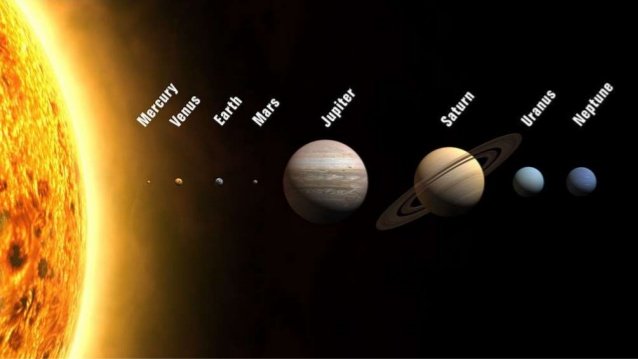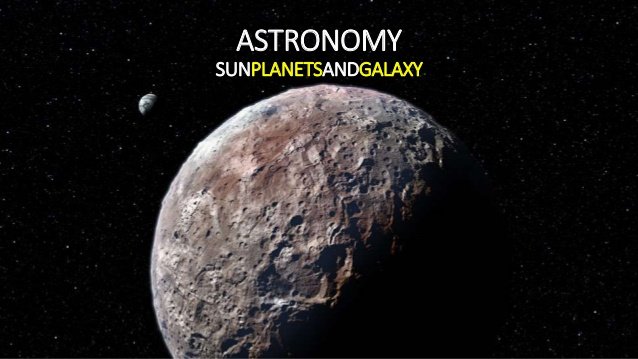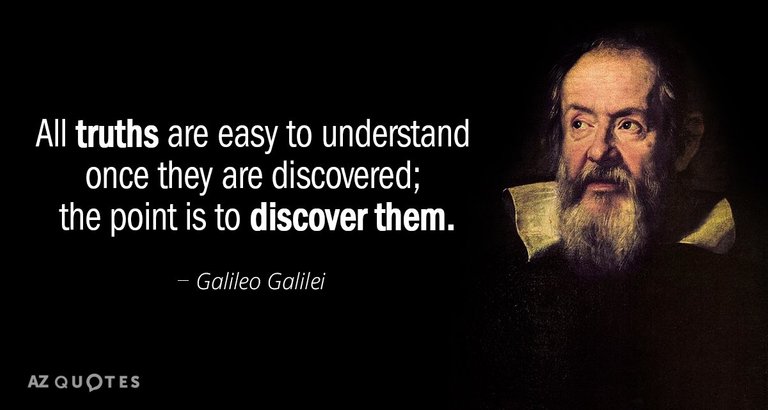Science had made some progress in Middle Ages but the spirit
of modern science was born with the renaissance. In middle ages
there were restriction on every aspect. Church opposed scientists,
Superstitions were common and to masses they were more acceptable
than scientific explanations. Physicians were looked down upon as
atheists. Renaissance brought interest in things pertaining to man.
The main cause for the beginning of progress in science was the loss
of religious monopoly on man’s intellect. The Protestant Reforomation
challenged the authority of the church and encouraged personal
expression. The rise of national state with stable society aided the
progress of science. The discovery of new lands brought new ideas
from unknown people.
Science of the 16th century made effective protest against existing
scientific method. Francis said that classical conclusions did not
represent mature nature. Descartes questioned the knowledge of
ancient world. We give the idea of doubt and doubt is the fore runner
of new age.


Geography and Astronomy:
Discovery of new lands proved that some ideas were wrong. It
was proved that theologians spread incorrect ideas Voyages of
discovery revealed a new earth. There was hardly any progress done
since the theory of Ptolemy in 2nd century. The theory was challenged
by Copernicus in 15th Century. He said that the sun was the centre of
universe and the earth revolved round and the sun. Copernicus’ theory
was revolutionary because it challenged the church. He was afraid of
the Pope, due to religious hold on the people.

Kepler:
Kepler gave mathematical laws to support Copernicus. He said
that planets revolve in elliphical paths. Both Catholics and Protestants
condemned the theory. It was put on Papal In

Galileo:
Galileo brought fresh evidence by inventing the telescope. Through
experimentation he discovered principles of mechanics. He saw
mountains on the moon and rings round Saturn. He said that world
was controlled by mechanical order. He was punished to death for
saying heretic things.

Newton:
Newton concluded that movements of all things are controlled
by gravitation. This he wrote in his book ‘Principia’. His studies in
lenses and prisms laid the foundation for the study of optics.

Halley:
Halley predicted the appearance of the Comet that now bears
his name. He shattered the old belief that comets brought disaster.
With the new astronomical knowledge the Julian calendar was reformed
in 1582 by Pope Gregory XIII. The calendar was moved back 10
days and extra leap year day was omitted from centenary years, except
those which were multiples of 400. This calendar is adopted by most
countries.
Chemistry and Medicine:
Halley brought interest in these subjects. Works of Hippocrates
and Galen were revived. Vesalius wrote his work on anatomy. He
corrected mistakes of earlier scholars. He gave details of skelet.jpg) on,
on,
veins and arteries, digestive and reproduction systems, lungs and
brain.
Harvey discovered that blood circulates from heart to arteries
and then to veinsand back to heart. Helmont discovered carbon dioxide
and explained about various gases.
Maths:
In the field of maths, west got rich heritage from east. Arabs
contributed the elements of algebra and Arabic numerals. Arithmetic
and geometry came from Greece. In 16th century proofs were needed
for knowledge. Maths provided simple numerical data. Physics and
mechanics developed due to maths. Gilbert and Galileo were prominent
physicists. Galileo made the telescope. He also invented air
thermometer and astronomical clock. Other important machines of
the period are balance for knowing weight, compass needle, the
barometer, printing press, gun powder etc.
All new knowledge led to the foundation of the Royal Society in
London in 1660 and the Academy of Sciences in Paris in 1666. These
societies aimed at promoting science.
Your tags are misleading, please adapt them to the content of your post
Ok brother.
Thanks for your courtesy.
But what should be the tags exactly.
Plz suggest.
Something that refers to your content you are writing about history of science rather than explaining anything about cryptocurrencies, you are talking about disciplines not the nature or novelties of the platform "steemit", your post has nothing to do with bitcoin!!!
@sandy666, I gave you a vote!
If you follow me, I will also follow you in return!
Hey @sandy666,
Your post "RENAISSANCE IN SCIENCE" hast just been Resteemed !!! 😻🙃😻
I've done this for following me..
🙂🙂🙂 Be ENGASED to continue with this FREE Restreem service @tow-heed🙂🙂🙂
Congratulations @sandy666! You have completed the following achievement on the Steem blockchain and have been rewarded with new badge(s) :
Click on the badge to view your Board of Honor.
If you no longer want to receive notifications, reply to this comment with the word
STOP